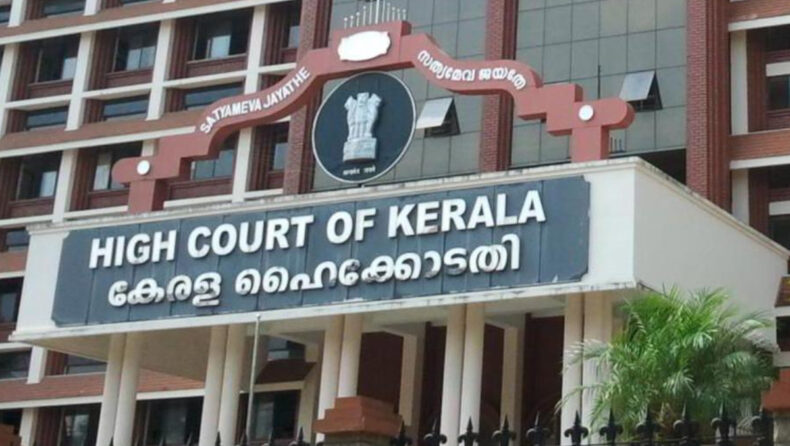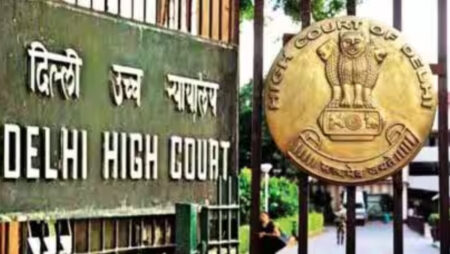Recently, the high court of Kerala at Ernakulam dismissed an original petition and held that the amendment application can be allowed by the family courts even in the absence of the provision for the same in the Criminal Procedure Code. The case was heard by a single-judge bench presided by Justice V G Arun who relied on precedents to come to the above-mentioned conclusion.
The court, after hearing the arguments, observed that in my opinion, technicalities have no place in maintenance proceedings because Section 125’s goal is to lessen the suffering of destitute women and children. Instead of pondering unimportant objections, the objective should be to integrate the necessary information and arrive at the correct decision as soon as possible. The husband’s potential harm from the modification can be lessened by allowing him to submit an extra counter-affidavit or objection.
Facts of the case
The petitioner in the present case has filed this petition before the high court to challenge the order of the family court which allowed an application of the amendment in pleadings. Originally, the petition was filed before the family court for the maintenance by the petitioner.
In this present petition, the petitioner arguing against the order of the family court, asserted that there is no provision for amendment in the Criminal Procedure Code. The family court has made gross illegality in allowing the amendment. And even if it is assumed that the power is there, such power can only be exercised formally. Presently, the respondents are attempting to mislead the court by incorporating new facts and allegations.
In response to such argument, the counsel for respondent claimed that the original petition did not have the requisite details. Therefore, the application for amendment is filed. Further, even in the absence of the provision, the family court had the power to allow amendment. This power is recognized by this court in the case of Madhavi v. Thupran.
Judgment
The court noted that the issue involved in the present case i.e., whether an application for amendment could be allowed in the absence of any provision in the code? Is not res integra. The Supreme Court has decided this issue in the case of UP Control board v. Modi Distillery and ors. In this case, it was held that the flaw might be easily fixed by returning the case to the trial court with instructions to make the necessary changes and by accusing the controlling business in the case.
And further observed that the It would be logical to presume that the Magistrate has all ancillary powers required for the effective and appropriate execution of the authority granted by Section 125 CrPC. and that the Magistrate may approve amendments even in the absence of any specific provision in the Code.
The court also observed that in a recent decision made by the Kerala high court itself has observed that although the Code of Criminal Procedure and the Act do not expressly grant a magistrate the authority to allow the amendment of a complaint filed for an offence under S.138 of the Act, the magistrate may exercise this authority in appropriate circumstances to further the interests of justice in the absence of any restrictions.
Therefore, the court, dismissed the petition, observing that in cases involving maintenance, when the goal is to lessen the suffering of destitute women and children, details shouldn’t matter very much.













